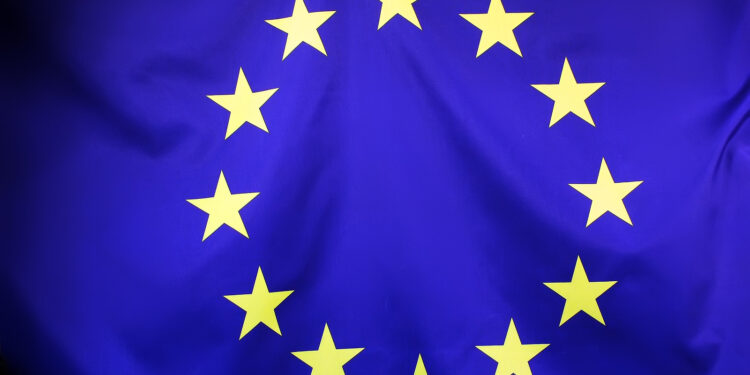In the world of technology, Apple is undoubtedly a giant. With its innovative products and software solutions, the Cupertino company has significantly influenced the way we interact with technology. However, Apple has recently made headlines by announcing significant changes to its iOS policies. But while these changes will have a significant impact on customers in the European Union (EU), the question is why Apple has decided not to implement them globally.
Apple, known for its commitment to its users' privacy and security, has always placed emphasis on creating a safe and trusted space for its customers. However, the recent changes introduced with iOS 17.4 could cause confusion, especially outside the EU. It is therefore crucial to understand the background and logic behind this decision.
Why do the changes only apply in the EU?
To begin with, it is important to understand that Apple is not making these changes of its own free will in the EU but must comply with the provisions of the Digital Markets Act (DMA). This law, passed by EU regulators, forces technology companies to make certain adjustments to their business practices in order to promote competition. Apple could theoretically implement these changes worldwide if it wanted to, but for now they remain limited to the EU. Why?
Apple's position: protecting users
Apple has publicly stated that it considers the changes forced by DMA to be potentially dangerous for users. Pursue stressed that its existing policies and security measures are already effective and provide a high level of protection. The adjustments required by DMA could introduce new risks, such as malware, fraud and offensive content, which could endanger the safety of users. The company has stressed that it has always relied on the trust of its users when it comes to privacy and security. Strict review of apps and app updates ensures that data collected is transparent and safeguards against malware and fraud are maintained.
These changes were enforced by law
Apple states that the implementation of these changes in the EU is due to the legal requirement of the Digital Markets Act. The new privacy and security risks that this law brings with it are intended to be mitigated by the adjustments in the iOS guidelines. However, it is important to stress that Apple remains convinced that its own guidelines represent the best options for users worldwide. The changes being introduced in the EU are therefore a necessary adjustment to meet legal requirements and are intended to continue to ensure the high level of security and trust that users have come to expect from Apple - even if new risks are now added. Overall, Apple is showing itself to be a company that continues to be committed to the security and well-being of its global user community, even if this means adapting to the new regulatory requirements in the EU. (Photo by Sergey-USSR / Bigstockphoto)
- Apple App Store: Game streaming apps welcome worldwide
- iOS 17.4: Apple enables alternative app marketplaces in the EU





